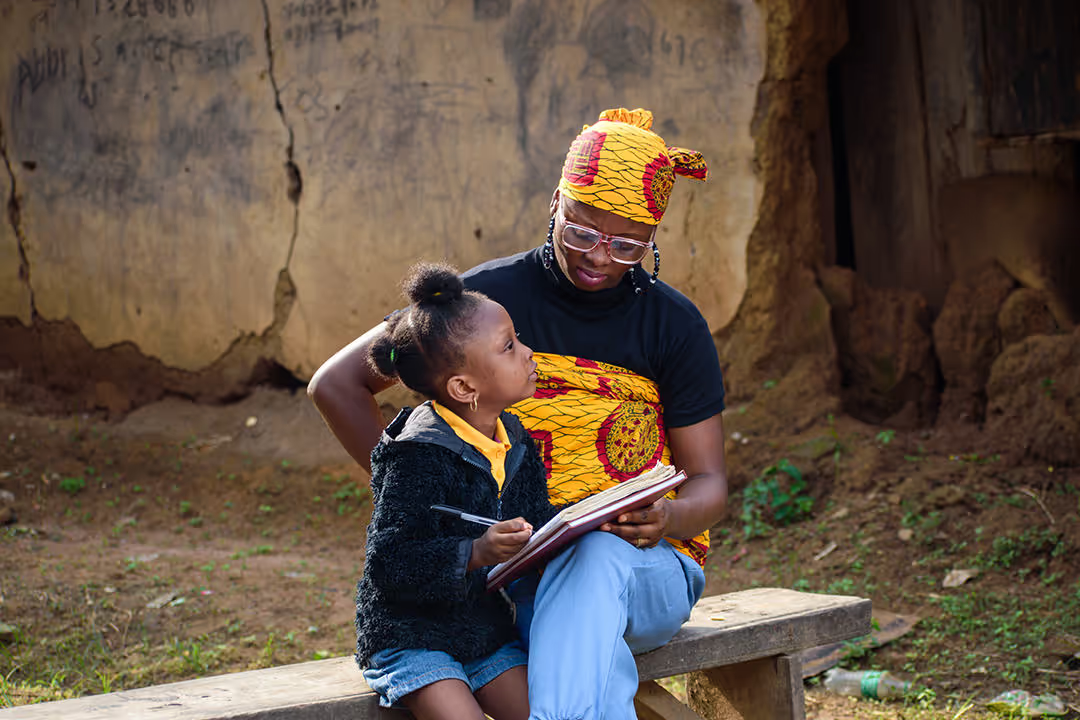Tetra Tech conducted two studies as part of its independent evaluation of Phase II of the Girls’ Education Challenge (GEC) Fund, looking at how projects around the world supported marginalised girls and teachers while schools were closed, and how this affected girls’ education. We assessed the impact of school closures on girls’ learning and used machine learning techniques to predict girls most at risk of dropping out. We gathered primary data for two projects in Kenya and Nepal between February and March 2021.
School closures had a stark impact on girls in our sampled schools. Most suffered large learning losses in maths and reading in both countries. Some schools experienced greater losses than others, while a smaller number experienced learning gains. Many girls reported not studying at all. Girls struggled without adequate teacher interaction and ‘one-way’ teaching while many girls dropped out due to poverty. We found that machine learning offers the potential to identify and retain learners at risk of dropping out. Our model was successful in predicting drop-out in 7-8 out of 10 cases, with girls at risk if: they have already repeated a year of schooling, come from less-educated families, are part of larger households, have been involved in farming more than their peers, or are married. Up-to-date information on students’ characteristics will help strengthen predictive models and improve early warning systems to retain students.
Our study recommends that educators strengthen planning for potential future school closures to mitigate the risks to students. Planning for remedial activities at the outset will help learners catch up. Adopting multi-pronged approaches in remote education delivery will also ensure all learners benefit, not just those who can access digital resources. Radio and digital modalities should consider access issues experienced by poor or rural households. Supporting teachers to adapt will help them teach and motivate learners during closures. Assumptions about barriers to learning should also be revisited to understand how these have changed due to Covid-19; while learning levels should be re-assessed as schools reopen to identify and deliver remedial support to those most in need.








